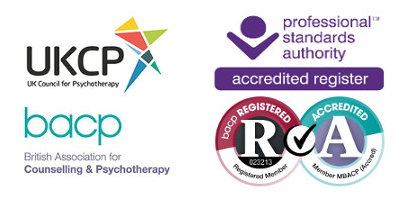CBT (cognitive behavioural therapy) is all the rage these days. Here is a pretty useful CBT exercise for those of us over-identified with our ‘thinking part’.
The Daily Mood Log (© David Burns, ‘Feeling Good Handbook’, 1989) comprises a four-step approach to tackling distorted thoughts – which we often don’t even realize are distorted until we get some external feedback or do something like this exercise.
Get some paper out and try it next time you’re feeling a bit low or stressed.
I’ve adapted David Burns’ original format slightly.
Step One: Record the Upsetting Event in between about 10 and 25 words.
Step Two: Record your Current Emotions and rate them from 0 (the least) to 100 (the most).
Examples of Emotions are: sad, guilty, lonely, gloomy, miserable, cheerless, unhappy, hopeless, dismal, sullen, despondent, melancholic, angry, annoyed, irritated, livid, furious, enraged, resentful, outraged, cross, irate, frustrated, afraid, fearful, anxious, scared, terrified, helpless, nervous, worried, alarmed, frightened, embarrassed, mortified.
Step Three: Record your Upsetting Thoughts and then next to each of them write the Distortion contained in the Thought together with a more positive and realistic Counter-Thought.
The Upsetting Thoughts and the Distortions will probably be habitual and even feel ‘automatic’, whereas the Counter-Thoughts may be less familiar: be creative and give yourself some lovingkindness through this process!
Examples of Distortions are:
‘All or Nothing’ (thinking in absolute black and white categories).
Overgeneralisation (one setback makes you think in terms of never-ending defeat).
Negative mental filter (dwell on the downside instead of exploring the upside).
Dismissing yourself (insisting your qualities and achievements don’t count).
Assumptions (taking it for granted that other people are reacting badly to you, even though you can’t possibly know for sure).
Fortune telling (pessimism, even though none of us knows the future).
Magnification (blowing things out of proportion).
Minimisation (inappropriately dismissing the importance of people, things and events).
Inappropriate reliance on your feelings (I feel like an idiot so I must be one; I don’t feel like doing this so I’ll put it off).
Inappropriate reliance on the word ‘should’ (taking your internal Critic too seriously).
Labelling the person instead of their action (calling yourself a ‘loser’ instead of acknowledging you ‘made a mistake’).
Blaming (usually simplistic and leads nowhere!)
Step Four: Reflect on your Counter-Thoughts. Try and make them believable to you, such that you can take them on board, literally breathe a sigh of relief, and think to yourself ‘Actually I’m not a bad person’ or ‘The world isn’t a wholly bad place’ or some such, more realistic view. The breath of relief is important. Take your time over this. Then consider your relationship to your original Upsetting Thoughts, and make a note how you experience yourself:
· No better.
· Slightly better.
· Somewhat better.
· Quite a lot better.
· Much better.
Repeat dose as often as required!




